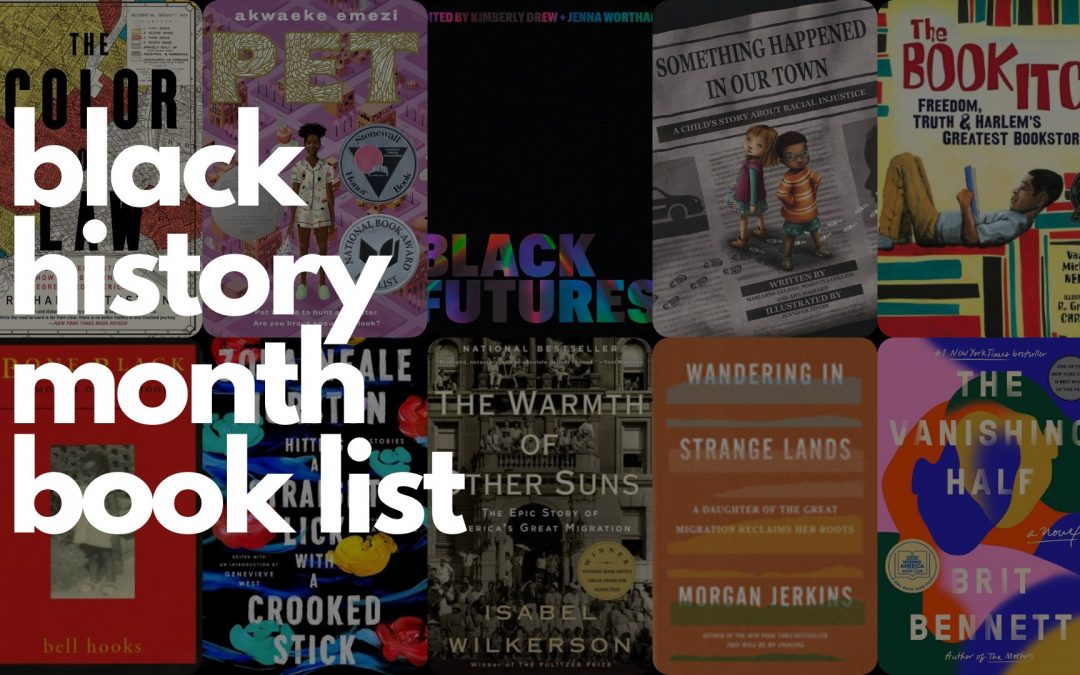As the past year has encouraged more reflection on the divisive race relations in this country, we want to take a moment to uplift positive stories and celebrate the accomplishments of Black Americans during Black History Month. We hope to remind our supporters that learning from the experiences and perspectives of Black Americans throughout history is more material than can be covered in 28 days, and Black history is all of our histories.
This year’s Black History Month theme is “Black Family: Representation, Identity and Diversity.” It explores the African diaspora and the spread of Black families across our country. The team at GSNN is reading books inspired by that theme this month and we want to share our booklist with you. Please note all links are to bookshop.org, an online bookstore that supports local, independent bookstores, but we encourage you to shop (in person or online) at a Black-owned bookstore if you can.
Bone Black: Memories of Girlhood by bell hooks
The Warmth of Other Suns: The Epic Story of America’s Great Migration by Isabel Wilkerson
The Color of Law: A Forgotten History of How Our Government Segregated America by Richard Rothstein
Wandering in Strange Lands: A Daughter of the Great Migration Reclaims Her Roots
Black Futures by Kimberly Drew and Jenna Wortham
The Vanishing Half by Brit Bennett
We didn’t want to leave anyone out, so here are a few books better suited for the young ones in your life that we love too!
After a year of very public racism and violence toward Black Americans (and Black people in this country), above all else we want you to remember that our work must address the inequities and systemic racism that exist in the relationships and communities that shape our schools. Creating healthy, sustainable schools is not just about preserving the planet. The work to protect Black people, dismantle these systems, and reimagine an equitable and just world will require all of us. These books are just one small step in centering and supporting Black Americans. But knowledge is power, and that’s a great place to start.

